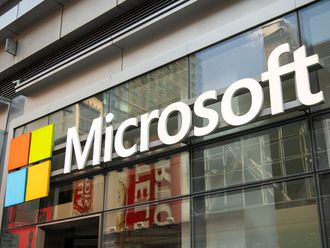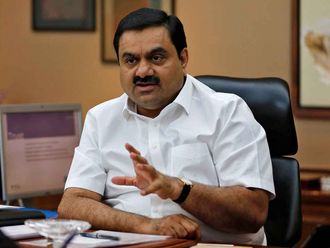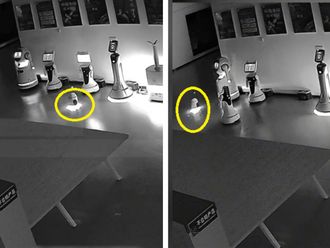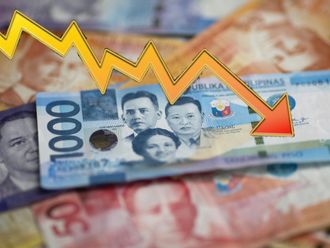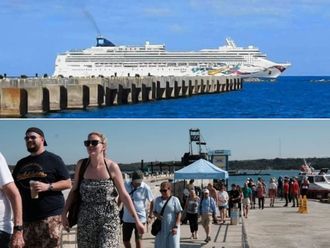Croatia becomes the 28th member of the European Union at midnight on Sunday, a milestone that caps the Adriatic republic’s recovery from war but is tinged with anxiety over the state of the economy and the bloc it joins.
EU flags fluttered from a stage in Zagreb’s central square ahead of the evening’s festivities, though there have been few signs of the gushing welcome that marked past expansions to ex-communist Eastern Europe.
Croatia joins the bloc just over two decades after declaring independence from federal Yugoslavia, the trigger for four years of war in which some 20,000 people died.
But, facing a fifth year of recession and record unemployment of 21 per cent, few Croatians are in the mood to party.
They join a bloc deeply troubled by its own economic woes, which have created internal divisions and undermined public support for the union.
“Just look what’s happening in Greece and Spain! Is this where we’re headed?” asked pensioner Pavao Brkanovic. “You need illusions to be joyful, but the illusions have long gone,” he said at a Zagreb market.
The country of 4.4 million people, blessed with a coastline that attracts 10 million tourists each year, is one of seven that emerged from the ashes of Yugoslavia during a decade of war in the 1990s.
Slovenia was first to join the EU, in 2004, but Serbia, Bosnia, Macedonia, Montenegro and Kosovo are still years away.
Some in Croatia have drawn comparisons between Sunday night’s celebrations in Zagreb and the Eurovision Song Contest that the city hosted in 1990, when Yugoslavia was on the brink of collapse just as Europe was poised to unite with the fall of the Berlin Wall.
Italy’s Toto Cutugno won with the refrain “Unite, unite Europe”, but instead Yugoslavia fell apart and Croatia went to war with Serb rebels who tried to break away from the newly-independent state with the backing of Belgrade.
Merkel no-show
“Back then, it looked to me as if everything should be resolved in a fortnight and we would quickly jump in (to the EU),” Croatian Prime Minister Zoran Milanovic told the European Parliament this week.
“But then the war happened, and it didn’t come to pass until today.” To get to this point, Croatia has gone through seven years of tortuous and often unpopular EU-guided reform.
It has handed over more than a dozen Croatian and Bosnian Croat military and political leaders charged with war crimes by the United Nations tribunal for the former Yugoslavia in The Hague.
It has sold shipyards, steeped in history and tradition but deeply indebted, and launched a high-profile fight against corruption that saw former prime minister Ivo Sanader jailed.
Some EU capitals remain concerned at the level of graft and organised crime. Croatia will not yet join the 17-nation single currency zone, nor the visa-free Schengen zone.
The spirit of the occasion took another knock when German Chancellor Angela Merkel, the bloc’s most powerful leader, pulled out of the accession ceremony, saying she was too busy.
Croatian media linked the move to a row over a former Croatian secret service operative wanted in Germany, though a spokesman for Merkel denied this.
The chancellor, instead, urged Croatia to press on with reforms.
“There are many more steps to take, especially in the area of legal security and fighting corruption,” Merkel said in a weekly podcast.
Despite the mood, however, for some Croatians the merits of accession are undeniable.
“The EU is not perfect but it is Croatia’s only option,” said popular novelist Slavenka Drakulic Ilic.
“We need it for financial and economic reasons,” she told the T-portal website on Friday, “and we need it for the sake of peace and stability. We belong to a region that is still volatile.”


